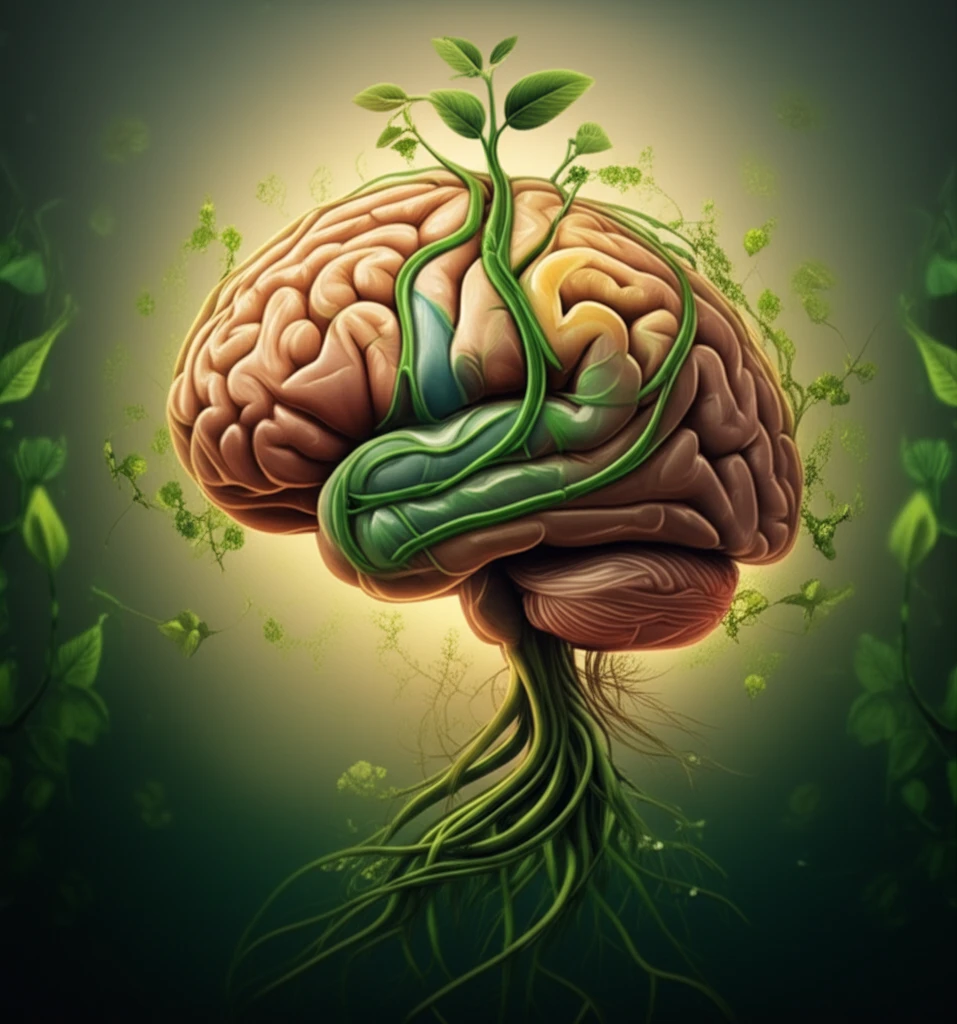
Unlock Your Brain's Potential: How Phytotherapy Can Enhance Neurological Health
"Explore the ancient wisdom of botanical medicine and its surprising applications in modern neurology for improved cognitive function and overall brain health."
In an era dominated by synthetic pharmaceuticals, there's a growing resurgence of interest in natural therapies, particularly phytotherapy—the use of plants for medicinal purposes. While often associated with traditional or alternative medicine, phytotherapy is increasingly finding a place in modern healthcare, especially in neurology.
Neurological health is a critical concern for many, encompassing conditions from mild cognitive impairment to chronic diseases like Parkinson's and multiple sclerosis. As conventional treatments sometimes fall short or come with unwanted side effects, many are exploring complementary approaches to enhance brain function and overall neurological well-being.
This article dives into the fascinating intersection of phytotherapy and neurology. We'll explore how specific plant-based remedies can support cognitive function, manage neurological symptoms, and offer a holistic approach to brain health. Get ready to discover how the wisdom of ancient herbal traditions is being validated by modern science, offering new hope for neurological wellness.
Phytotherapy: A Natural Approach to Neurological Wellness

Phytotherapy, at its core, is the art and science of using plants to prevent and treat illness. Rooted in centuries of traditional medicine, this practice involves utilizing the bioactive compounds within plants to stimulate the body's natural healing processes. Unlike conventional pharmaceuticals, which often isolate and amplify single compounds, phytotherapy emphasizes the synergistic effects of multiple plant constituents working together.
- Cognitive Enhancement: Herbs like Ginkgo biloba and Bacopa monnieri have been studied for their ability to improve memory, focus, and overall cognitive function. They work by increasing blood flow to the brain, protecting against oxidative stress, and enhancing neurotransmitter activity.
- Mood Regulation: Plants such as St. John's Wort and Rhodiola rosea have been traditionally used to alleviate symptoms of depression and anxiety. These herbs can influence neurotransmitter levels, reduce stress hormones, and promote a sense of well-being.
- Neuroprotection: Certain herbs, like Turmeric (curcumin) and Green Tea (EGCG), exhibit potent antioxidant and anti-inflammatory properties that can protect brain cells from damage caused by free radicals and inflammation. This is particularly relevant in conditions like Alzheimer's and Parkinson's disease.
- Pain Management: Herbs like Willow Bark (salicin) and Boswellia have analgesic and anti-inflammatory effects that can help manage neurological pain conditions like headaches and neuropathic pain.
Embracing a Holistic Approach to Neurological Health
Phytotherapy offers a promising avenue for supporting neurological health. By harnessing the power of plants, you can potentially enhance cognitive function, manage neurological symptoms, and promote overall well-being. As research continues to validate the efficacy of herbal remedies, phytotherapy is poised to play an increasingly important role in the future of neurological care. If you're looking for any alternative or supplement for your neurological health, consider integrating phytotherapy as a complementary strategy alongside conventional medical care and lifestyle modifications. The key lies in personalized approach, guided by qualified professionals, to unlock the full potential of nature's pharmacy for a healthier brain and a happier life.
